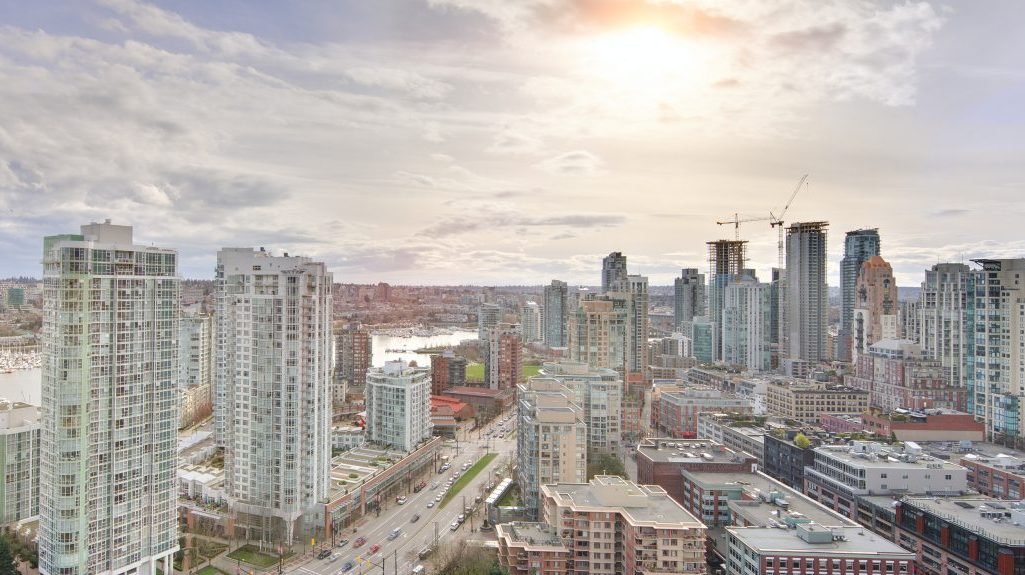The City of Ottawa has released its draft budget for 2025, focusing on transportation improvements and expanding affordable housing options. This budget reflects the city’s commitment to maintaining essential services while addressing current financial challenges.
Over the past two years, the city has implemented strong financial planning, conducted service reviews, and adopted innovative solutions. The 2025 draft budget identifies $54.2 million in savings through service reviews and efficiency measures, bringing total savings since 2023 to $207.7 million.
Mayor Mark Sutcliffe stated, “This budget has been difficult to prepare, especially with the affordability crisis facing many residents. In order to invest in what matters most—emergency services, public transit, affordable housing, roads, and supports for the most vulnerable—we’ve had to make tough decisions. This budget strikes a responsible balance, keeping tax increases low while addressing Ottawans’ top priorities.”
The draft budget includes significant investments in affordable housing to address Ottawa’s housing crisis. Key initiatives include funding from various programs to support shelters, housing loss prevention programs, and supportive housing initiatives. The City is also working to streamline housing development through zoning updates and faster approvals.
In terms of transportation, the draft budget includes major investments in transportation infrastructure to improve mobility across the city. Investments in road rehabilitation, resurfacing, pedestrian and road safety initiatives, and public transit are highlighted. Public transit improvements include the opening of new O-Train lines, replacing aging buses with zero-emission vehicles, implementing service efficiency programs, and expanding Para Transpo service.
The draft budget will be reviewed by city council committees in the coming weeks and could be approved by city council on December 11. City Manager Wendy Stephanson sees the budget as a pivotal step in addressing the city’s most pressing issues, showcasing the city’s commitment to tackling challenges and making prudent investments in the city’s future.
Residents can visit ottawa.ca for more details on the 2025 draft budget and its impact on the city’s development and growth.
Source link






